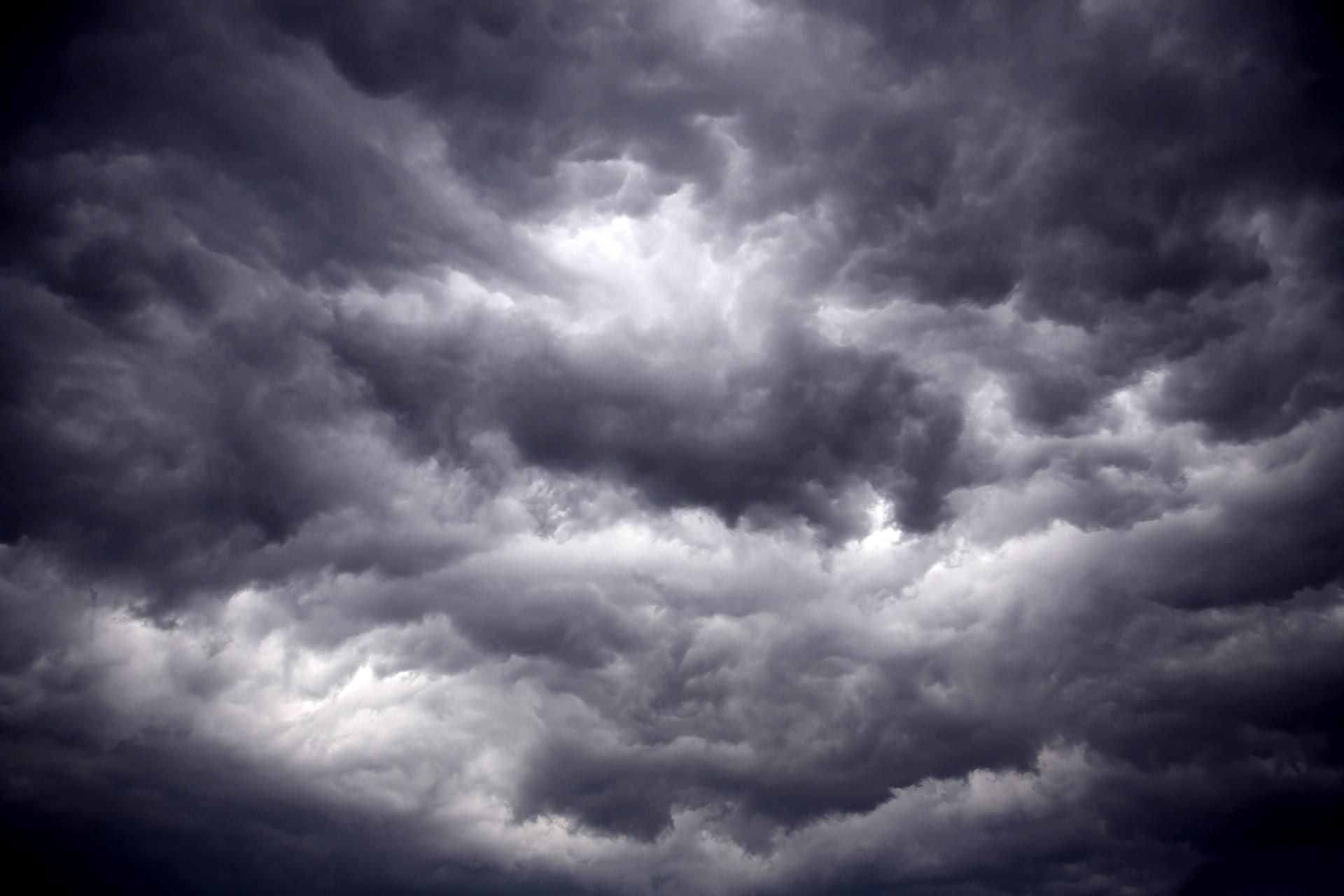
WHY NOW?
According to the National Oceanic and Atmospheric Association, this year’s August Atlantic hurricane season forecast is predicted to be “above normal”, due to current ocean and atmospheric conditions such as warming Atlantic sea surface temperatures (John Moore). With the rise of natural disasters both within the US and the world at large, more people are being displaced from their homes, taking on financial burdens, and coming face to face with the uncertain journey of recovery.
A growing body of research shows that on average, poorer and nonwhite communities are hit hardest by natural disasters in America. FEMA aid (Federal Emergency Management Agency) is often disproportionately allocated to white households, leaving nonwhite households with little financial assistance or none at all. What results is a widening of preexisting racial disparities and social inequalities with white wealthy households having a higher chance of recovering than their poorer nonwhite counterparts. Indeed, the path to recovery for vulnerable households is ladened with obstacles like the lack of flood insurance (which higher value homes tend to have), the taking on of debt to pay repairs (which decreases credit score and negatively affects anything reliant on credit), and little support from local social infrastructure. When Hurricane Harvey hit Texas in 2017, households with flood insurance were eligible for up to $350,000 while uninsured households were eligible for FEMA aid capped at $33,000. For those most vulnerable, being hit with a disaster can mean little to no chance of making up for what has been lost. Not only do Hurricanes widen inequality, but they also create it.
Although Sanchez’s Hurricane tells the story of Hurricane Andrew in 1992, the play captures a community's shared sorrow and grief after a natural disaster. More specifically, the narrator, a teacher, mourns the effect of the hurricane on his young students' lives. putting front and center those most vulnerable and helpless during times of disaster. Such is the current situation today as America continues to grapple with its legacy of racial inequality, and as the world rushes to mitigate the worsening effects of climate change. To tell the story of Hurricane is to remind us of the lives that are lost and destroyed beneath the rubble, perhaps imploring us to find community in the other and reach out.
- Reyn, Lillie, Stephanie, and Saunders